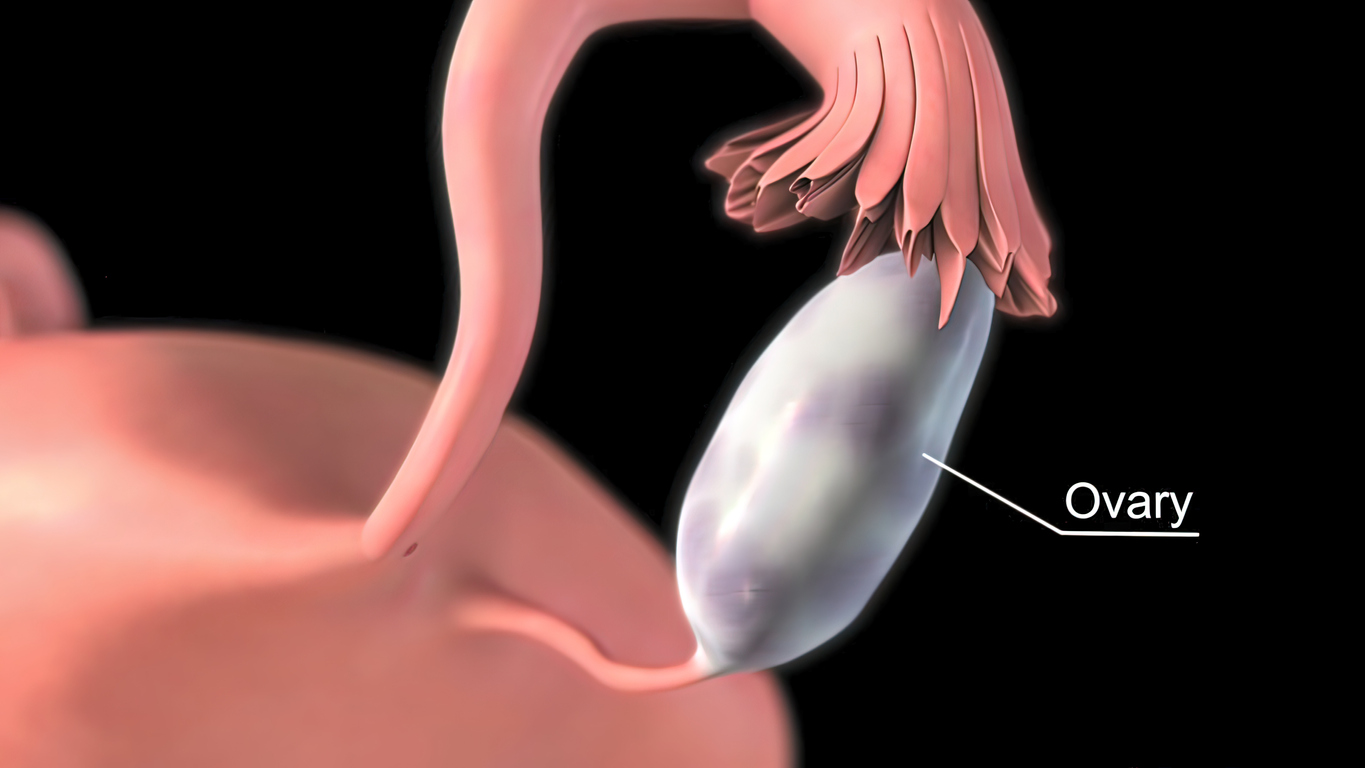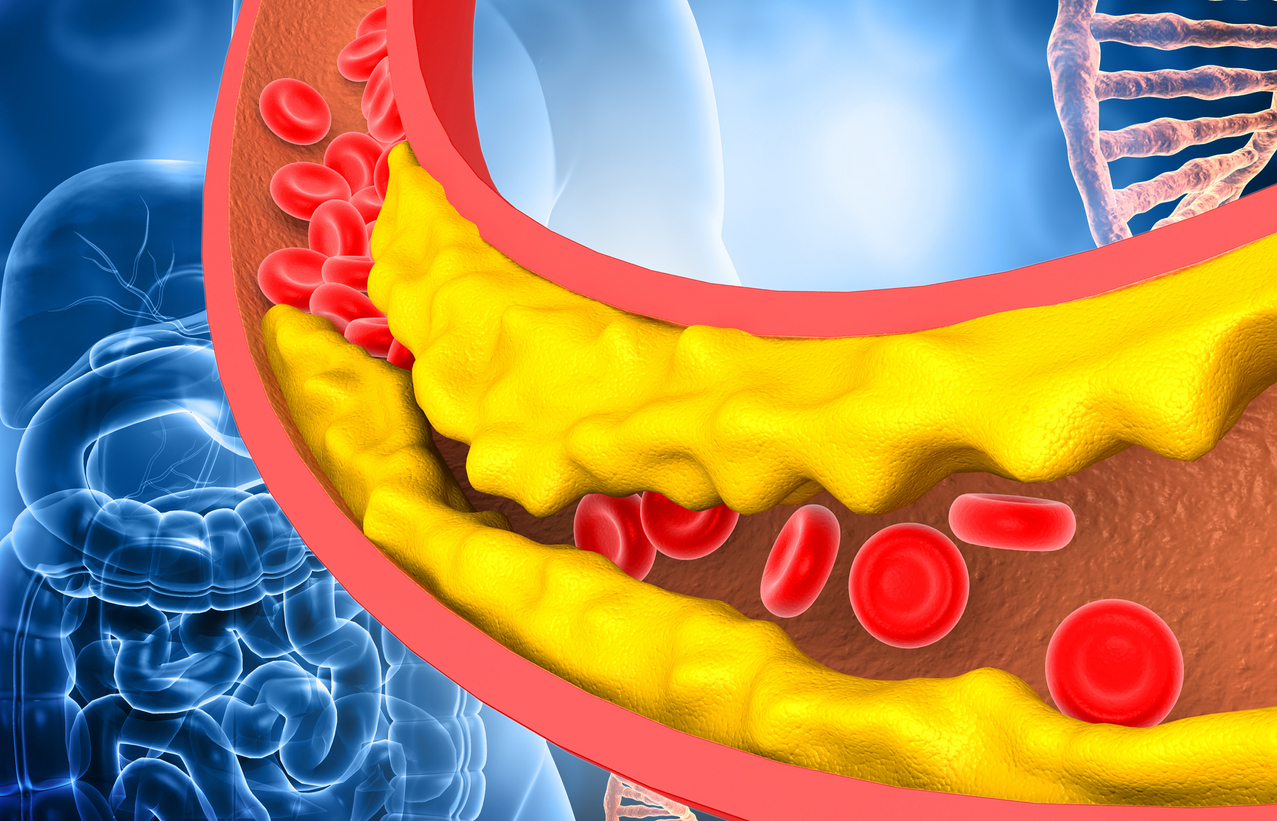Thyroid Diseases
Thyroid disorders commonly affect a majority of the population across the world. The thyroid gland located right below your adam’s apple produces the hormone ‘Thyroxine’, which is responsible for the regulation of various body functions. The overproduction of this hormone is known as ‘Hyperthyroidism’ and its underproduction is known as ‘Hypothyroidism’. The balance of this hormone is necessary.
Any malfunction in the thyroid gland can cause thyroid cancer or adenomas. Hawari Global is engaged with various hospitals and experienced medical professionals that are available to correct this disorder and help in effectively managing the condition.


